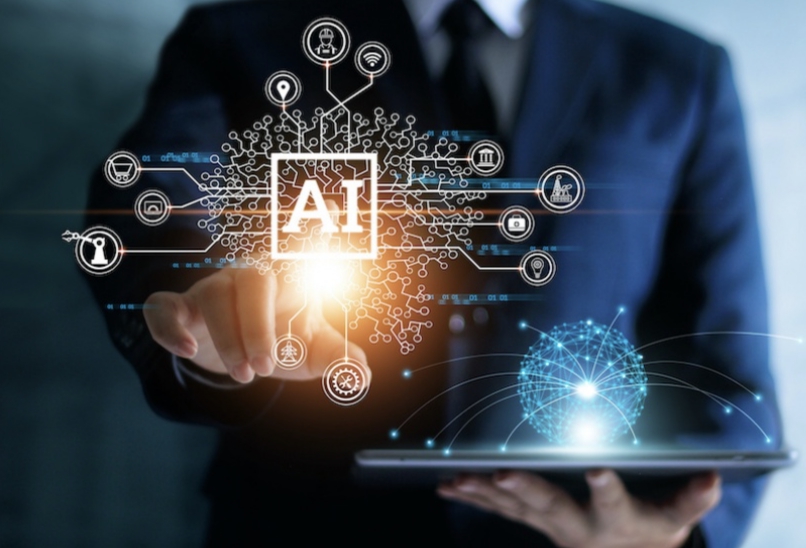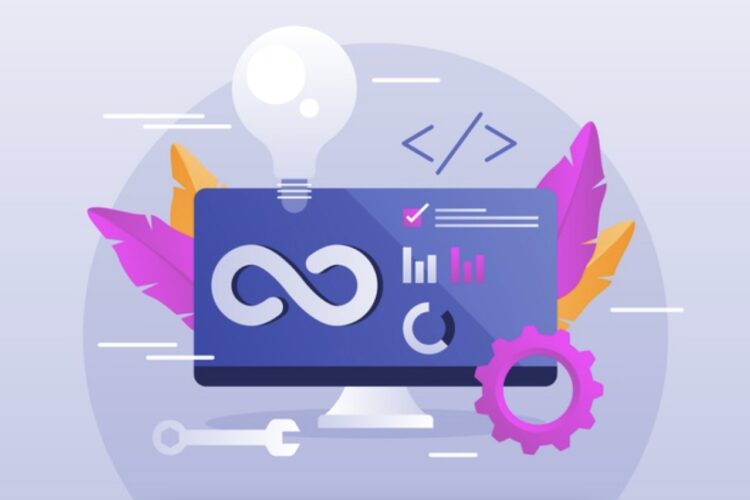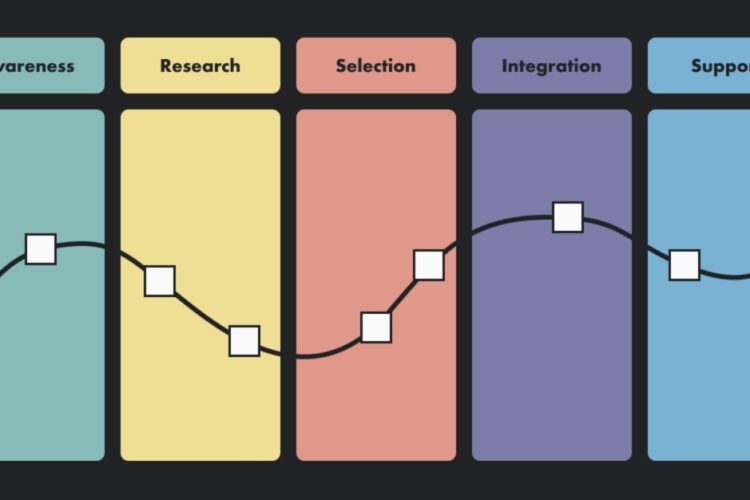
Interest in artificial intelligence (AI) has doubled in the past year, with over one-third of companies worldwide incorporating AI into their business processes, according to research by Garnet Consulting Group and MCA. By 2026, experts predict that nearly half of all key business processes will be automated. Let’s explore how AI tools can benefit companies of any size and industry today.
Why Businesses Need Artificial Intelligence
In Russia, AI adoption in the economy currently stands at 20%, with plans to increase it to 50% this year, according to official data. By 2030, the contribution of AI to Russia’s GDP is expected to reach or exceed 2%, according to the nonprofit organization “Digital Economy.” Deputy Prime Minister Dmitry Chernyshenko has projected that AI-driven operational cost savings will deliver economic benefits of up to 1 trillion rubles by 2025.
Integrating AI into business processes provides a competitive edge, enabling companies to attract more customers and increase sales. AI significantly reduces labor and financial costs, enhances workforce efficiency, and helps achieve key performance indicators. More tasks can now be delegated to AI algorithms, which typically make fewer errors than humans.
In a March 2023 survey conducted by HubSpot Blog Research, over 1,350 U.S. business professionals, including marketers and sales specialists, participated. Of these, 27% reported a clear return on investment from adopting AI technologies.
Here are 15 practical ways companies can leverage AI tools to optimize their operations.
1. Simplifying Communication
AI-powered tools like speech recognition and synthesis services have revolutionized communication. For instance, PROMT developed a written-to-voice translation service for train attendants during the 2018 FIFA World Cup, making it easier to interact with passengers who didn’t speak Russian.
AI-driven chatbots and voice assistants now handle up to 96% of customer inquiries across multiple channels, from phone calls to messaging apps. This is particularly useful for addressing frequently asked questions. According to statistics, 53% of marketers use chatbots like ChatGPT, Bing AI, Google Bard, and YandexGPT to streamline communication.
For companies without the resources for a full-scale contact center, chatbots act as efficient substitutes. For example, VkusVill’s chatbot helps customers find discounts, recommend meal plans, and locate nearby stores.
AI is also transforming recruitment processes. Startups like Stafory developed “Robot Vera” in 2016, an HR assistant that filtered resumes, conducted candidate calls, and even held preliminary interviews. Similarly, job platforms like HeadHunter and SuperJob have incorporated AI chatbots and machine learning to enhance recruitment efforts.
2. Enhancing Time Management and Logistics
AI tools help organize tasks, schedule meetings, and manage calendars effectively. Some tools even book flights or send reminders for important events. For example, Google Sheets and YouTrack integrate AI to convert brief task descriptions into fully structured assignments with links and explanations.
In logistics, AI optimizes delivery routes, forecasts profitable directions, and coordinates driver schedules, saving time and resources.
3. Strengthening Security
AI tools with fraud detection capabilities are widely used in banking to prevent fraudulent transactions by identifying unusual activity patterns.
AI also ensures workplace safety by monitoring compliance. For example, Mattler implemented its Morigan.Lean technology at a poultry farm in Nizhny Novgorod, identifying individuals in hazardous zones and checking whether employees were wearing proper safety gear.
4. Maintaining Quality Control
AI ensures quality standards in industries like manufacturing and food production. Carlsberg uses AI to develop new beer flavors by analyzing yeast combinations for nuanced tastes and aromas. Similarly, Valio employs AI to minimize raw material exposure to the environment, increasing product shelf life.
In heavy industries, AI monitors equipment conditions, predicts maintenance needs, and reduces downtime. Gazprom Neft, for instance, uses neural networks for exploratory drilling, predicting the properties of geological formations at new fields.
5. Predicting Demand and Customer Behavior
AI tools help retailers forecast product demand during promotions. For example, Pyaterochka leveraged Yandex Data Factory’s algorithms to optimize inventory for sale items. Mail.ru Group’s Vision technology analyzes images and videos to detect empty shelves in real-time.
AI can also predict retail foot traffic, enabling managers to allocate staff more effectively. Furthermore, AI analyzes local demographics—income levels, family status, and shopping habits—to curate store assortments.
Competitive intelligence tools powered by AI analyze competitors’ performance through open data, while sentiment analysis tools evaluate consumer feedback to identify product strengths and weaknesses.
6. Automating Routine Processes
AI automates mundane tasks like data entry and note-taking. According to surveys, 5% of sales specialists use AI for such tasks, while 31% rely on AI to create content using tools like ChatGPT, Jasper, and DALL-E.
AI also simplifies document management. For example, Directum RX Intelligence processes multi-page contracts, highlights revisions, and manages accounting documents. Nanosemantics Laboratory reports that their algorithms digitize technical drawings with 90% accuracy.
Generative AI tools, like Gerwin, automate the creation of product descriptions for marketplaces based on input data templates, saving time and reducing manual workload.
Conclusion
AI’s contribution to both national and global economies is steadily growing, with more companies adopting advanced tools powered by artificial intelligence. If your business hasn’t yet embraced AI, now is the time to start—especially in areas like communication and sales. The costs of AI implementation are now so accessible that even small businesses can see a return on investment. By taking the first steps, businesses can gain a significant edge in an increasingly AI-driven marketplace.




